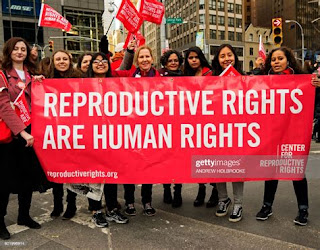Cowan, S. K., Bruce, T. C., et al. (2022).
Science Advances, 8(7).
Abstract
What happens when a request for help from friends or family members invokes conflicting values? In answering this question, we integrate and extend two literatures: support provision within social networks and moral decision-making. We examine the willingness of Americans who deem abortion immoral to help a close friend or family member seeking one. Using data from the General Social Survey and 74 in-depth interviews from the National Abortion Attitudes Study, we find that a substantial minority of Americans morally opposed to abortion would enact what we call discordant benevolence: providing help when doing so conflicts with personal values. People negotiate discordant benevolence by discriminating among types of help and by exercising commiseration, exemption, or discretion. This endeavor reveals both how personal values affect social support processes and how the nature of interaction shapes outcomes of moral decision-making.
Here is my summary:
Using data from the General Social Survey and 74 in-depth interviews from the National Abortion Attitudes Study, the authors find that a substantial minority of Americans morally opposed to abortion would enact discordant benevolence. They also find that people negotiate discordant benevolence by discriminating among types of help and by exercising commiseration, exemption, or discretion.
Commiseration involves understanding and sharing the other person's perspective, even if one does not agree with it. Exemption involves excusing oneself from helping, perhaps by claiming ignorance or lack of resources. Discretion involves helping in a way that minimizes the conflict with one's own values, such as by providing emotional support or practical assistance but not financial assistance.
The authors argue that discordant benevolence is a complex phenomenon that reflects the interplay of personal values, social relationships, and moral decision-making. They conclude that discordant benevolence is a significant form of social support, even in cases where it is motivated by conflicting values.
In other words, the research suggests that people are willing to help others in need, even if it means violating their own personal values. This is because people also value social relationships and helping others. They may do this by discriminating among types of help or by exercising commiseration, exemption, or discretion.









